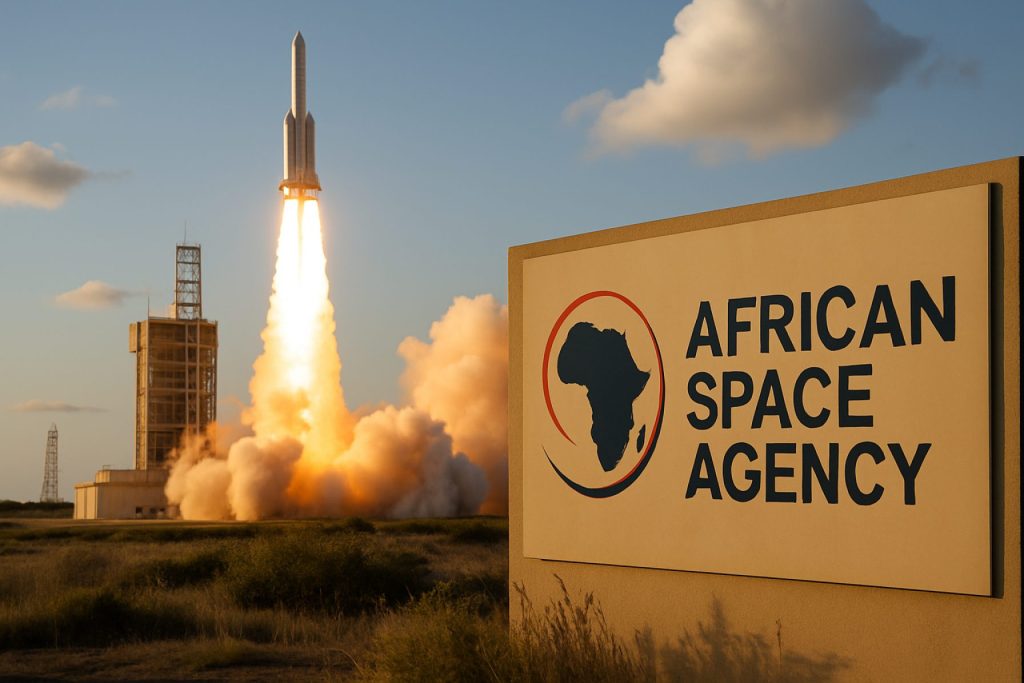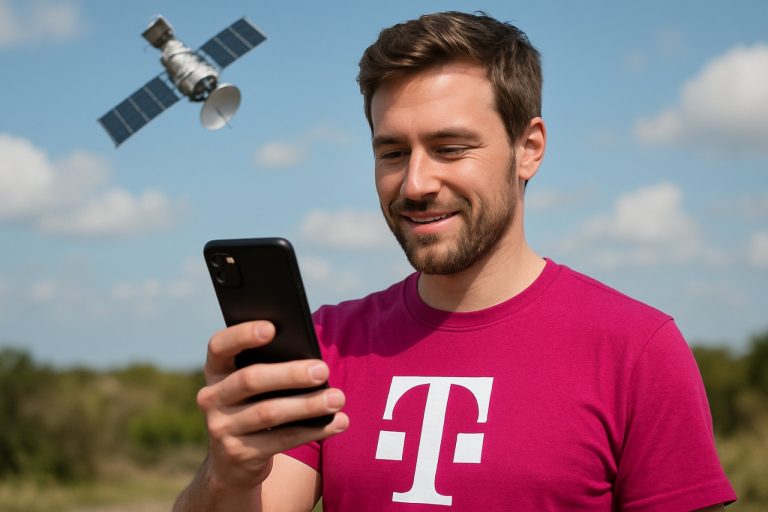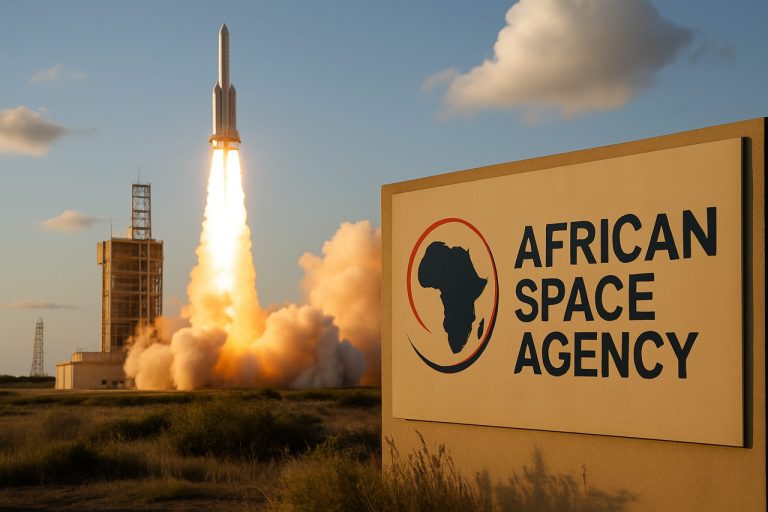
African Space Agency Launches Bold New Era—Can Africa Compete in the Billion-Dollar Space Race?
The African Space Agency has officially launched, uniting 55 nations in a bid to compete globally and tackle Africa’s toughest challenges.
- 55 nations under African Space Agency coordination
- $426 million joint African space budget for 2025
- 18 countries have launched over 60 satellites since 1998
- 60 million Nigerians now benefit from increased national investment in space tech
Africa is ramping up its presence in the global space economy. With the launch of the African Space Agency (AfSA) on April 20, the continent has set sights on joining the ranks of global space powers like the European Space Agency, NASA, and Roscosmos. Headquartered in Egypt—the first African nation to launch a homegrown satellite—AfSA is weaving 55 countries together to boost research, defend sovereign resources, close the digital divide, and deliver advanced climate solutions.
What’s making heads turn? AfSA wasted no time signing ambitious cooperation deals with Europe, the UAE, and Russia. The aim: supercharge Africa’s satellite, research, and launch capabilities while skilling up a new generation of African space professionals.
How Is Africa Partnering With the Space Giants?
In a strategic diplomatic sprint, AfSA inked pacts that span everything from satellite launches to astronaut exchanges:
- ESA: Joint climate monitoring, training for African engineers, and on-the-ground support to help ramp up AfSA institutions.
- UAE: Co-developing small satellites and creating education exchange programs with Emirati universities.
- Roscosmos: Technical launch know-how, joint science missions, and even the prospect of African astronauts heading to orbit.
These alliances aim to fast-track Africa into the orbit of space-faring nations, all while fostering homegrown talent and spurring new research hubs across the continent.
Q: Why Does Africa’s Space Budget Lag Behind?
Despite AfSA’s high ambitions, Africa’s collective space budget stands at only $426 million for 2025, a slight dip from last year—a stark contrast to the likes of the ESA’s $8.7 billion or NASA’s massive $25.4 billion allocations. The overall decrease, about 7.7%, reflects the pressures of shifting priorities, fluctuating exchange rates, and economies reeling from global downturns.
But the numbers don’t tell the whole story. While nations like Nigeria increased local investment by over 47% in their own currency, rapid devaluations—especially against the US dollar—masked real growth on the ground.
Africa’s space sector still relies heavily on outside financing and partnerships for much of its hardware and know-how. Yet, this foreign investment is unlocking rapid development of new capabilities, including sovereign satellites built by European giants and up-and-coming cube satellite startups.
How Are Smaller Nations Getting Into Space?
Even countries with tighter budgets are launching big dreams. Angola keeps its annual space spend below $5 million, but in January, struck a €225 million loan with a French bank to fund ANGEO-1—its very first Earth observation satellite, now being built by European titan Airbus.
Meanwhile, Botswana is readying its debut spacecraft, Botsat-1, in partnership with European microsatellite leader EnduroSat. Beyond observing Earth, Botsat-1 is the keystone of a new national space hub aimed at fostering local engineering skills and in-orbit operations.
Can Africa Bridge Its Digital and Agricultural Gap From Space?
With megaconstellations like Starlink racing to occupy orbital slots, AfSA faces the dual challenge of securing fair access to spectrum—and making sure these technologies work for Africans. Nearly two-thirds of the continent lacks reliable broadband, and the high cost of gear puts next-gen connections out of reach for many.
At the 2023 World Radiocommunication Conference, global leaders acknowledged the risk of developing nations getting locked out of crucial orbital “real estate.” Now, new procedures are in the works to guarantee fairer access to those critical frequencies.
The stakes are high: According to the United Nations, one in five Africans faces food insecurity. Advanced satellites can monitor crops, predict weather, and deliver fast data—lifelines for the continent’s vast agricultural sector.
How Will AfSA Boost Fairness and Transparency?
To level the playing field, AfSA is rolling out new initiatives: transparent RFPs, competitive contractor bidding, and a drive to empower local tech. By nurturing an ecosystem of African space companies, the agency intends to keep more value and know-how on the continent.
What’s Next—and How Can Africa Succeed in Space?
Experts say AfSA’s success will be measured by how much it transforms daily life for Africans—not just by how many satellites go up. The real prize: closing the digital divide, empowering new entrepreneurs, and safeguarding agriculture in an increasingly unpredictable climate.
Ready to Be Part of Africa’s Space Rise? Here’s How You Can Engage:
- Follow new launches and agency updates via Africanews and global space agencies
- Support STEM education and skill development in your community
- Advocate for fair broadband and agricultural tech solutions using new satellite tools
- Encourage leaders to invest in transparent, equitable space initiatives
Space is no longer the final frontier for Africa—it’s the next big opportunity. Will you help seize it?
Checklist for Getting Involved:
- Stay informed with official AfSA and partner agency news
- Champion digital inclusion and fair deployment of new tech locally
- Promote STEM careers and education across Africa
- Engage policymakers on the importance of space for Africa’s future



